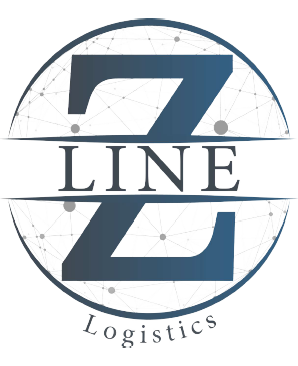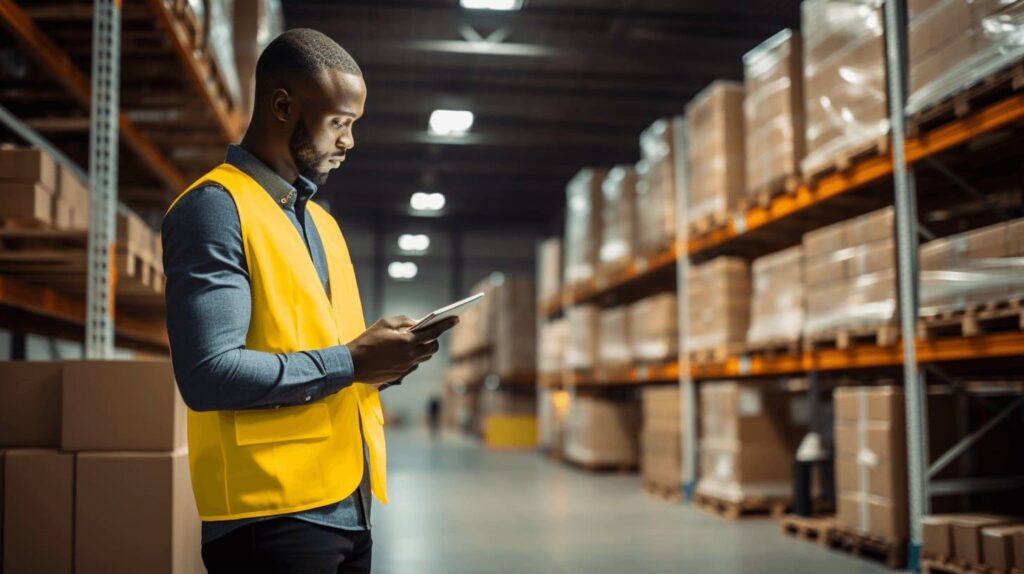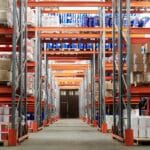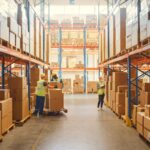Are you asking what are the import licenses in Hong Kong? Hong Kong offers numerous opportunities for businesses involved in import and export activities.
However, understanding and complying with the intricate regulations governing these operations is crucial for ensuring smooth trade.
This comprehensive guide will provide you with essential information about the import licenses in Hong Kong, helping you navigate the trade landscape with confidence.
Table of Contents
What is the export policy of Hong Kong?
Hong Kong is known as a global trade hub, and its liberal export policy plays a significant role in its economic success.
This custom clearance policy generally allows for the unrestricted export of goods, making it an attractive destination for businesses looking to access the international market.
Key Aspects of Hong Kong’s Export Policy:
- Minimal Restrictions: Hong Kong imposes minimal restrictions on the export of goods, allowing businesses to freely trade with countries worldwide.
- Free Trade Agreements: Hong Kong is a party to numerous free trade agreements, which provide preferential market access and reduced trade barriers.
- Efficient Customs Procedures: The Hong Kong Customs and Excise Department operates efficiently, streamlining the export process and minimizing delays.
- Strong Infrastructure: Hong Kong’s world-class infrastructure, including its modern ports and airports, facilitates the smooth movement of goods.
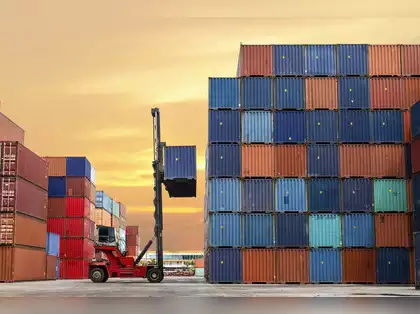
However, it’s important to note that certain goods may be subject to restrictions or require specific permits:
- Prohibited Exports: Some goods, such as weapons, ammunition, and endangered species, are strictly prohibited for export.
- Restricted Exports: Certain strategic commodities or dual-use technologies may require licenses or permits for export. These restrictions are often aligned with international export control regulations.
Key Considerations for Exporters:
- Compliance with Regulations: Businesses must ensure compliance with all applicable export regulations, including those related to labeling, packaging, and documentation.
- Intellectual Property Protection: Protecting intellectual property is crucial for exporters. Hong Kong has strong intellectual property laws in place.
- Trade Documentation: Proper documentation, such as invoices, packing lists, and certificates of origin, is essential for smooth customs clearance.
- Logistics and Shipping: Efficient logistics and shipping arrangements are crucial for the timely delivery of goods.
Read more: Do You Have to Pay Customs in Hong Kong? Hong Kong Import Tax in 2024
Do I need an export license to ship to Hong Kong?
The specific requirements for import licenses in Hong Kong can vary depending on the nature of the products, your country of origin, and the destination country.
While Hong Kong generally has a liberal export policy, there are certain circumstances where an export license may be required.
Here are some key factors to consider:
- Nature of the Goods: Certain goods, such as strategic commodities, dual-use technologies, or goods related to national security, may require export licenses.
- Country of Origin: The regulations governing exports from your country will determine if an export license is necessary.
- Destination Country: Some countries may have restrictions or requirements for imports from Hong Kong.

General Guidelines for the import licenses in Hong Kong process:
- Consult with Your Government: The best source of information on export licensing requirements is your country’s export control authority. They can provide you with specific guidance and assistance.
- Review Export Regulations: Familiarize yourself with the export regulations of both your country and Hong Kong.
- Obtain Necessary Permits: If an export license is required, ensure that you obtain all necessary permits and documentation before shipping your goods.
Learn more: The Positive and Negative Impacts of the Amazon Effect on Freight in Dubai
How to import products in Hong Kong (the import licenses in Hong Kong process)?
The import licenses in Hong Kong process is a relatively straightforward process, but it requires careful planning and adherence to specific regulations. Here’s a step-by-step guide to help you navigate the import process:
1. Research and Planning:
- Identify Suppliers: Find reliable suppliers who can provide the products you want to import.
- Understand Import Regulations: Familiarize yourself with Hong Kong’s import regulations, including prohibited and restricted goods, customs duties, and documentation requirements.
- Obtain Necessary Permits or Licenses: If required for your products, obtain any necessary permits or licenses from the relevant authorities.
2. Sourcing and Negotiation:
- Contact Suppliers: Reach out to potential suppliers to negotiate terms, pricing, and shipping arrangements.
- Quality Control: Ensure that the products meet your quality standards and specifications.
3. Shipping Arrangements:
- Choose a Shipping Method: Select the most suitable shipping method like tailored logistics based on factors such as cost, speed, and insurance needs.
- Arrange Transportation: Coordinate with shipping companies or freight forwarders to arrange transportation from the supplier’s location to Hong Kong.
4. Import Documentation:
- Prepare Required Documents: Gather all necessary documents, including the commercial invoice, bill of lading, packing list, and any required certificates or permits.
- Customs Declaration: Complete and submit the customs declaration form to Hong Kong Customs.
5. Customs Clearance:
- Inspection: Your shipment may be subject to stock inspection by customs officials.
- Payment of Duties and Taxes: Pay any applicable import duties and taxes.
- Release of Goods: Once cleared by customs, your goods will be released for delivery.
For more information: Exploring Global Sourcing Advantages and Disadvantages
How much is the import licenses in Hong Kong declaration fee?
The import licenses in Hong Kong declaration fee is typically included in the customs clearance charges.
Effective August 1, 2018, the Hong Kong Customs and Excise Department has capped the fee for each import and export declaration at $200. This applies to all goods brought into, sent out of, or re-exported to and from Hong Kong on or after that date.
Previously, the declaration charge varied depending on the value of the goods. However, the new capped fee simplifies the process and provides cost certainty for businesses.
For your reference, the previous declaration charge structure remains available:
Hong Kong Import Declaration Fee:
Non-food items: $0.2 for the first $46,000 of goods’ value + $0.125 for each additional $1,000 (rounded up to the nearest 10 cents)
Food items: Flat fee of $0.2 per declaration
Hong Kong Export Declaration Fee:
All goods (regardless of origin): $0.2 for the first $46,000 of goods’ value + $0.125 for each additional $1,000 (rounded up to the nearest 10 cents)
Additionally, there may be other fees associated with imports and exports, such as import duties, value-added tax (VAT), and handling charges. These fees will depend on the specific circumstances of your shipment.
Read more: 5 Types of Freight Forwarding You Need to Know About!
In conclusion
Hong Kong’s strategic location and business-friendly environment make it an attractive destination for importers and exporters worldwide.
By understanding and complying with the intricate import licenses in Hong Kong, businesses can effectively navigate the trade landscape with Z Line Logistics and capitalize on the opportunities offered by this dynamic territory.
FAQs
- What are the main imports and exports of Hong Kong?
import licenses in Hong Kong activities focus on electronics, machinery, and precious metals, with major exports including jewelry and textiles.
- What do we export to Hong Kong?
Many countries export electronics, luxury goods, and pharmaceuticals to support import licenses in Hong Kong demands.
- How much does Hong Kong import?
Hong Kong import and export trade is massive, with imports exceeding $600 billion annually, covering various industries.
